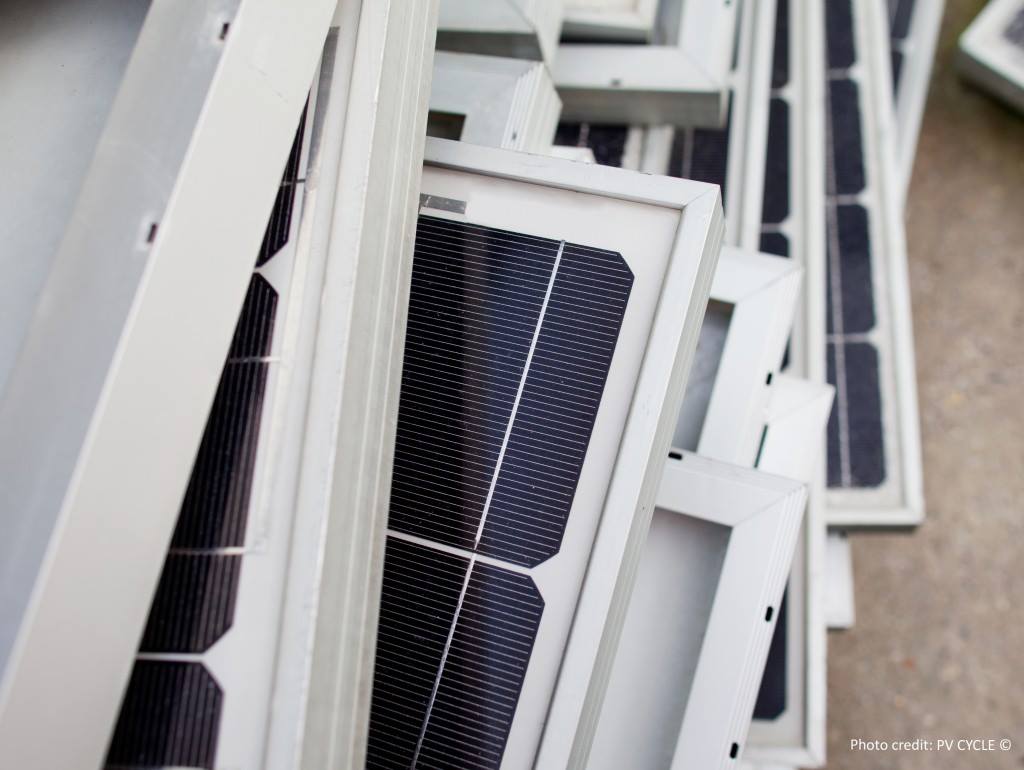Damaged panels from the proposed 135 MW Muswellbrook solar farm (MSF) in New South Wales (NSW), located 2.5 kilometres northeast of Muswellbrook, must be recycled according to a mandate issued by the Muswellbrook Shire Council (MSC).
Planning to avoid solar panels entering its landfill, a unanimous council resolution asks the NSW Independent Planning Commission (IPC) to safeguard the shire’s waste management facilities from accepting solar panels in landfill.
Owned by Swedish-headquartered renewable energy developer OX2’s Australian arm in partnership with Japan-headquartered mining company Idemitsu, which owns the 1,191 acres allocated for the project, adjacent to the Muswellbrook Coal Mine, which it also operates.
The council says the proposed 300,000-panel project anticipates that 10% of panels will be faulty when they arrive or damaged in transit or installation and wants to prevent a projected 30,000 damaged or defective solar panels from going into landfill.
The resolution to shield Muswellbrook Shire from landfill obligations during construction and the life of the solar farm also applies to private landfill, stipulating that faulty panels instead be recycled, rehabilitated or reused.
MSC Mayor Jeff Drayton said the Council’s stance sends a clear message that new energy generation will be held to high standards for the community and for future generations.
“Muswellbrook Shire is saying loud and clear, renewable energy projects must be sustainable and responsible for our residents and our environment,” Drayton said.
“We have the benefit of learning from our experience with coal mining, making sure we are considering whole of life impacts of these long term projects. As a Council we’re taking a clear stand to make sure solar panels aren’t a future burden for our community but are actually a resource.”
Drayton added that by mandating that all defective panels during the life of the project are recycled and rehabilitated, sets the standard for new energy projects.
OX2 was unavailable for comment, the scoping report for the project includes decommissioning process, which says ‘the disposal and recycling of the project infrastructure will be done in accordance with current waste management legislation at the time of decommissioning.
“Whenever possible, efforts will be made to reduce the amount going to landfill in line with best-practice sustainability principles,” it says.
The project is expected to have an operational life in excess of 35 years.
MSC Director of Environment and Planning Sharon Pope said council’s resolution aligns with the Shire’s commitment to minimise the footprint of energy generation.
“This resolution is consistent with our waste management strategies, to protect the environment and promote circular economy principles,” Pope said.
“By requiring recycling and rehabilitation of damaged panels we align with the Australian Circular Economy Framework, which aims to double the circularity of resources by 2025.”
In addition to resolving to safeguard solar panels from landfill, Muswellbrook Shire is already working with other Hunter councils to establish a contract with a recycling company to address household panel waste.
“We’re not going to let the benefits of solar be undermined by bad waste management,” Drayton said.
“We are at the forefront of this important shift. This is leadership in action and Muswellbrook Shire Council is proud to set an example for others to follow.”
This content is protected by copyright and may not be reused. If you want to cooperate with us and would like to reuse some of our content, please contact: editors@pv-magazine.com.








1 comment
By submitting this form you agree to pv magazine using your data for the purposes of publishing your comment.
Your personal data will only be disclosed or otherwise transmitted to third parties for the purposes of spam filtering or if this is necessary for technical maintenance of the website. Any other transfer to third parties will not take place unless this is justified on the basis of applicable data protection regulations or if pv magazine is legally obliged to do so.
You may revoke this consent at any time with effect for the future, in which case your personal data will be deleted immediately. Otherwise, your data will be deleted if pv magazine has processed your request or the purpose of data storage is fulfilled.
Further information on data privacy can be found in our Data Protection Policy.